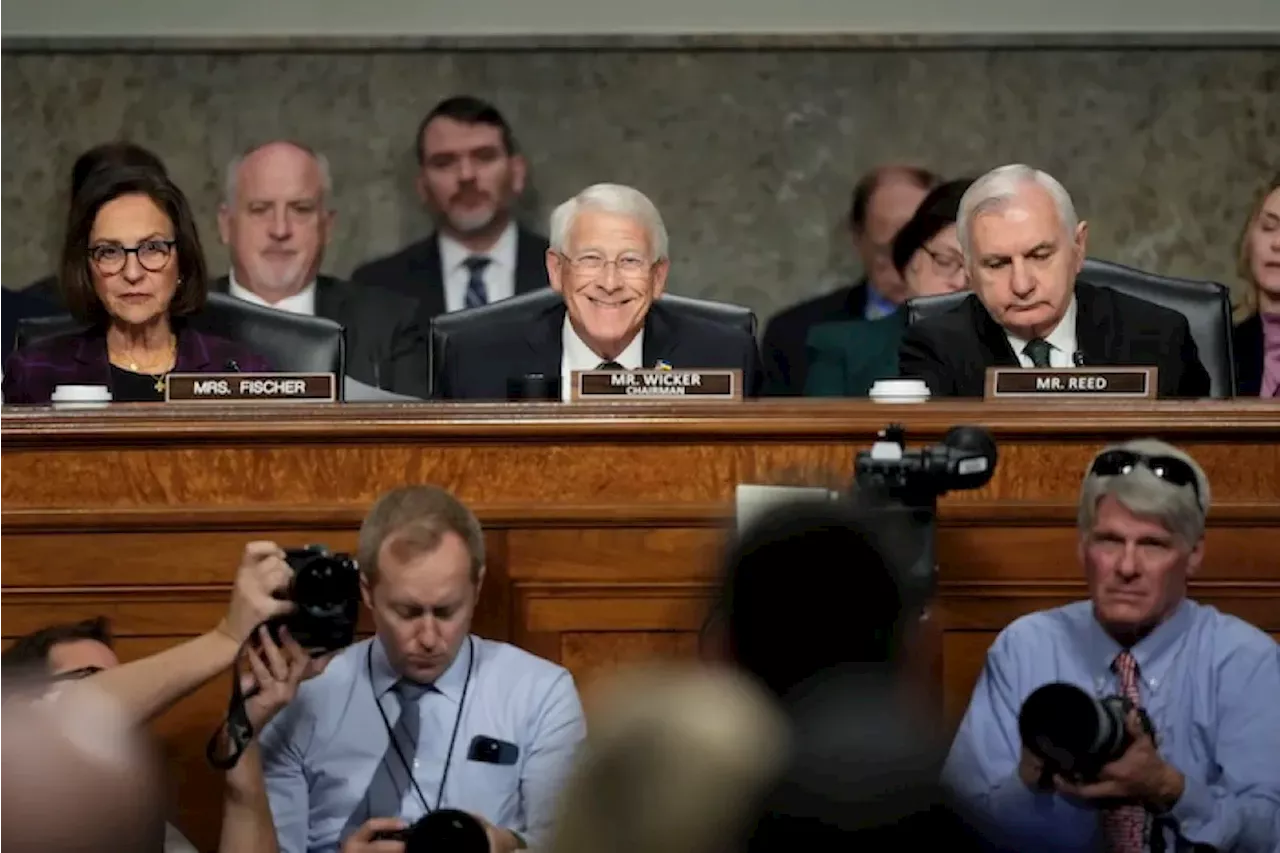The Pentagon is facing increasing bipartisan criticism for its lack of engagement with Congress on key policy decisions, particularly regarding the national defense strategy and the global force posture review. During a recent confirmation hearing, Alexander Velez-Green, a senior adviser to the Undersecretary of War for Policy, admitted that the department had not consulted with lawmakers on these significant matters, which has raised concerns among senators.
Velez-Green, who is under consideration for the role of Deputy Undersecretary of Defense for Policy, stated, “I’m not aware that there has been formal consultations with Congress on the national defense strategy.” He mentioned that the Pentagon does interact regularly with congressional members on related issues, but this has not satisfied lawmakers who expect more structured communication.
Senator Roger Wicker, the chairman of the Senate Armed Services Committee, expressed frustration, noting, “That’s really not the way it’s supposed to work.” Criticism has specifically targeted the Pentagon’s policy office, led by Undersecretary Elbridge Colby, for not aligning its actions with the broader administration priorities.
During the hearings, it became evident that communication issues have led to perceptions that the Pentagon is operating independently of executive branch coordination. Senator Wicker pointed out, “Members of this committee are in regular contact with people inside the executive branch,” but expressed concern that the policy office appears to be acting without proper consultation.
In a separate interaction, Senator Dan Sullivan referred to Colby as “the hardest guy to get a hold of in the Trump administration,” highlighting the challenges lawmakers face in obtaining information from Pentagon officials. Sullivan did acknowledge a recent meeting with Colby as “constructive,” where they discussed various pillars of the national defense strategy.
The lack of communication was further underscored by senators referencing a decision to withdraw troops during the escalating tensions in the Iran-Israel conflict in June 2023. There was also mention of a cancelled meeting between senior U.S. officials and their Japanese counterparts, which raised questions about the Pentagon’s alignment with the president’s agenda.
Velez-Green, alongside Austin Dahmer, who recently underwent his own confirmation hearing, refuted claims that the Pentagon had paused aid to Ukraine earlier this year. Dahmer attributed the confusion to “fake news,” while senators referenced comments made by Pentagon spokesman Sean Parnell in July, who stated, “I can’t go into detail about what weapons were paused and when.”
As Velez-Green seeks confirmation for his new role, he has pledged to improve engagement with Congress. Nevertheless, Senator Wicker emphasized that this commitment would necessitate a significant change in the Pentagon’s approach to policy communication.
The ongoing discussions highlight the critical need for better coordination between the Pentagon and Congress, especially as the U.S. navigates complex global challenges. The implications of these policy decisions extend beyond governmental procedures, impacting international alliances and defense strategies.
